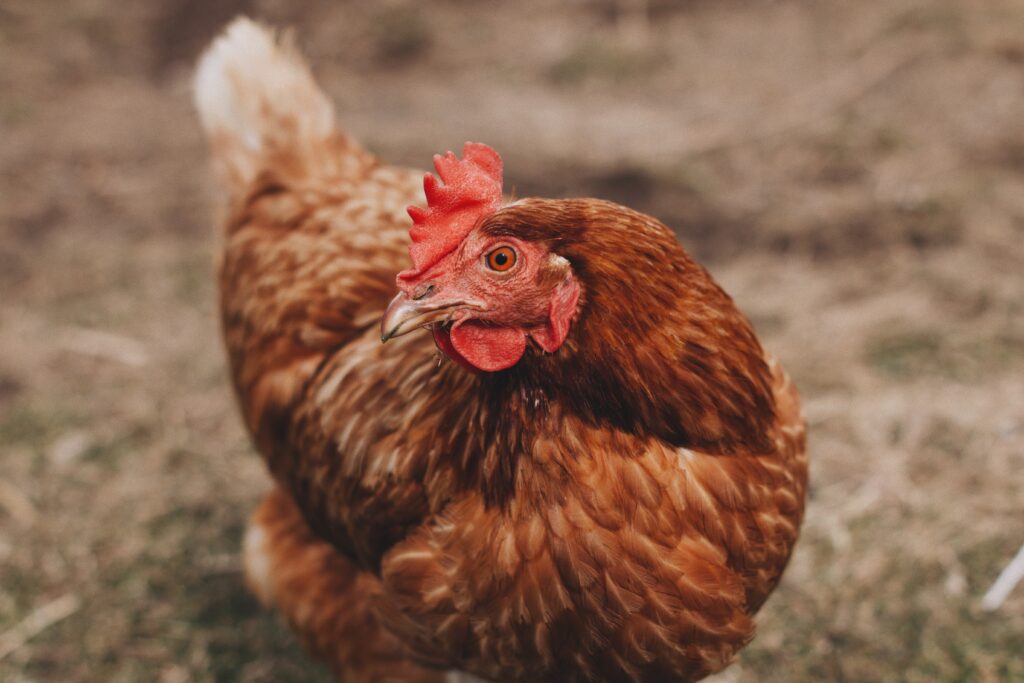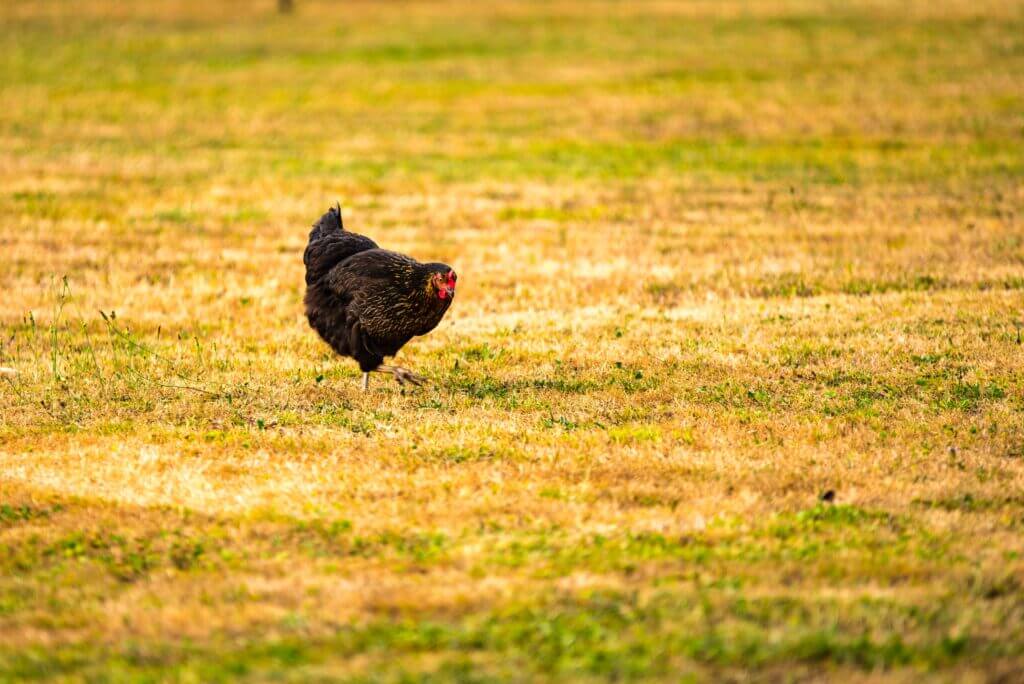Have you ever wandered into your local supermarket and felt drawn to a glorious-sized chicken that seemed to have more colour than your regular cluck?
And, were you taken by surprise when you realised its hefty price tag, which is often three times as expensive?
Most people used to drop the chicken in a rage and storm off and treated the price tag as another assault on the class divide between the affluent and, well the rest of us.
Fast forward a few years and things have changed. We now live in a world that is more eco-conscious, and considers welfare and fairness in their consumer decision-making process. The modern consumer (quite literally in this case) has also raised their expectation regarding quality too.

But, what does this mean?
In a nutshell, it means that the modern consumer is willing to pay more to receive a higher quality product that they know meets their standard of all-round-fairness.
A good example can be seen in the coffee trade. Although the leading brands still sell copious amounts of instant coffee, the market for artisan coffees has increased year on year for quite some time. More than this, the speciality coffee market is led by those that promise to pay the farmers a fair share of the market value for the beans. You will notice their ‘fair-trade’ logos on their packaging.
This sentiment is now being applied across the board and when it comes to the food we eat and how well the animals are being treated, it turns out that we actually do give a cluck.
But, who can afford to pay so much?
It turns out, everybody. Those that opt for free range and organic options because of health argue that you cannot afford not to.
I know larger families or those with less financial means will almost always make decisions based on price and that is understandable. But, what used to be a delicacy has now become a staple diet in most households.
Did you know that in the 1950s the average household consumed just one kg of chicken each year? The modern household consumes 25kg – that’s 2kg a month.
The real question to ask ourselves is: is it better to eat a better-quality chicken less often, than a low-quality chicken that is poorly treated, pumped with hormones and chemicals, and has an adverse impact on the environment, regularly?
What is the difference?
In the United Kingdom, there are two main types of chicken farms – those that keep their chickens in cages, and those that allow them to roam freely.
On a free-range farm, chickens are typically given around four square meters of space per bird. In contrast, on a chicken farm where birds are kept in cages, they can be confined to an area as small as 450cm2. This means that cage-farmed chickens have less than one-tenth of the space of their free-range counterparts.
Animal welfare groups argue that the cramped conditions of a chicken cage are cruel and cause unnecessary suffering. They also point to research that shows that caged chickens are more likely to experience health problems, such as heart disease and osteoporosis than free-range birds.
Many consumers believe that the stress experienced by caged animals impacts both the quality of the meat flavour and the cortisol content – a stress hormone that may be harmful to consume.
What about the quality?
Free-range chicken meat is widely considered to be tastier and of a higher quality than meat from caged birds. This is because free-range chickens are able to roam freely and exercise, which results in leaner, more flavourful meat. This is partly because they have better blood circulation and mobility, which affects the quality of their muscle development, and therefore their meat.
Free-range chicken meat is also less likely to contain harmful chemicals, such as antibiotics because these are typically used as a contingency to prevent diseases in caged chickens that live in crowded conditions, which pose higher risks of infection.
What about organic chicken?
Buying Organic chicken is another way to assure quality because the chickens are fed high-quality feed and they are not given hormones, antibiotics, or steroids to speed up their growth.
Conclusion
You have heard the adage ‘you are what you eat’, well that theory doesn’t stop at you. Your food is what it eats, and also how it’s treated. If you want the best quality diet, you must ensure that you get the best quality meat.
Luckily, you don’t have to spend the earth. Check out our range. All of our meat is Halal AND organic.
And, while our prices are more expensive than the local supermarkets, they are considerably cheaper than any other speciality butchers’. We pitch on quality above all else, and remember, sometimes [eating] less is more.

